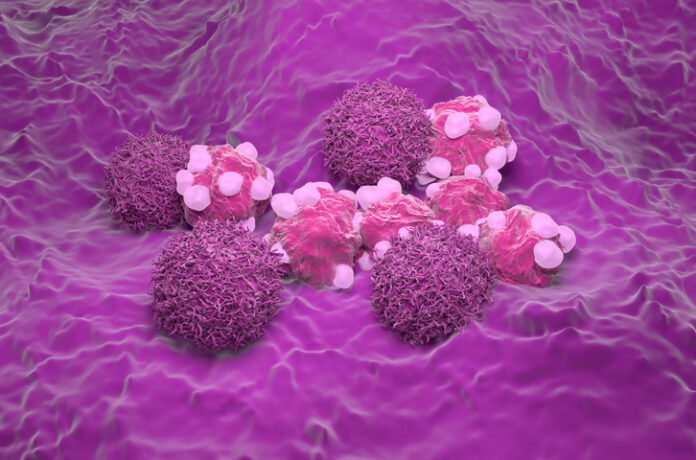Researchers at Chiba University have developed a novel intranasal vaccine that may offer a new treatment option for cervical cancer, a disease primarily caused by the human papillomavirus (HPV). The vaccine shows promise in preclinical models, potentially changing the current treatment landscape that heavily relies on surgery and chemotherapy.
The study, led by Dr. Rika Nakahashi-Ouchida and Hiromi Mori from Chiba University Hospital, was published in Science Translational Medicine. It outlines the use of a cationic nanogel-based vaccine designed to activate local immune responses. This approach aims to prevent the progression of cervical cancer by directly targeting the E7 oncoprotein produced by high-risk strains of HPV, specifically HPV16.
Cervical cancer is a significant global health issue, with approximately 670,000 new cases and 350,000 deaths reported worldwide in 2022, according to the World Health Organization. The disease disproportionately affects women in low- and middle-income countries, where access to vaccination and treatment options is often limited.
Current vaccines can effectively prevent HPV infections but do not treat existing ones. As a result, there is a pressing need for therapeutic vaccines to address this gap. The Chiba University researchers focused on developing a nasal vaccine that utilizes cationic cholesteryl-group-bearing nanogels (cCHP) to deliver HPV antigens directly to the nasal mucosa. This innovative method enhances the vaccine’s ability to activate the immune system.
The vaccine formulation, referred to as cCHP-E7 + cyclic-di-AMP (c-di-AMP), was tested on mice and macaques. In animal models, the vaccine not only slowed tumor growth but also elicited strong immune responses, producing E7-specific CD4+ and CD8+ T cells in cervicovaginal tissue. Notably, in macaques, four doses delivered via a nasal spray device resulted in sustained levels of E7-specific killer T cells four months after treatment.
Dr. Nakahashi-Ouchida emphasized the significance of this research, stating, “We have developed an intranasal therapeutic vaccine as a nonsurgical alternative to conventional treatments that can compromise women’s quality of life.” By triggering immune responses in the cervical mucosa, this approach offers a promising avenue for improving patient outcomes.
The concept of stimulating mucosal immunity through nasal delivery is not new; the research team had previously demonstrated similar effects in models of herpes simplex virus. The findings from this study suggest that the vaccine could effectively activate immune pathways in the reproductive tract, further supporting its translational potential for treating cervical cancer.
As the search for effective therapeutic options against HPV-driven cancers continues, the work from Chiba University highlights the potential of nanogel-based vaccines. By combining local immune activation with a non-invasive delivery method, this innovative approach may preserve fertility and enhance the quality of life for patients facing cervical cancer.
Dr. Nakahashi-Ouchida remarked on the broader implications of this research, noting that “immunotherapies such as intranasal therapeutic vaccines may help establish a new category of noninvasive treatment.” This could not only address cervical cancer but may extend to recurrence prevention and chronic disease management, providing safer and more accessible options for patients.
While further clinical testing is essential to validate these findings, the development of this intranasal vaccine marks a significant step toward expanding the role of immunotherapy in the treatment of cervical cancer. The path ahead could lead to a new generation of mucosal-targeted vaccines, transforming how cervical cancer is managed globally.







